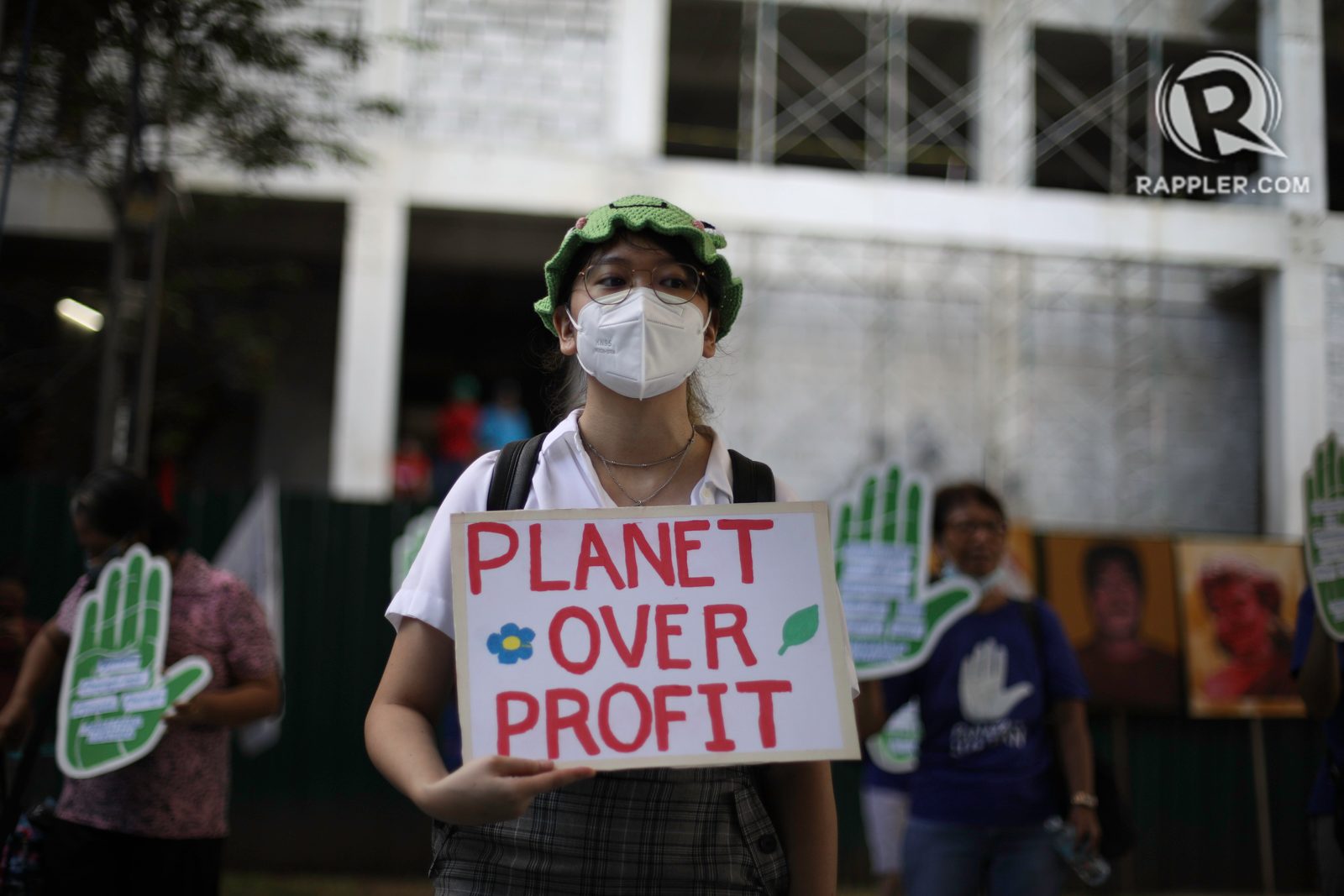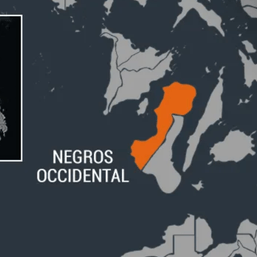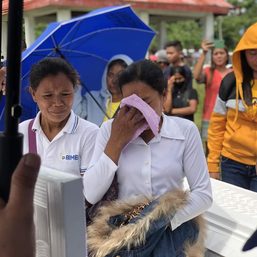SUMMARY
This is AI generated summarization, which may have errors. For context, always refer to the full article.

MANILA, Philippines – The Philippines’ Commission on Human Rights (CHR) released on Friday, May 6, its report on the world’s first National Inquiry on Climate Change (NICC), where it declared climate change as a human rights issue.
Spurred by a petition filed last 2015, the inquiry found that the crisis have been “negatively impacting the human rights of the Filipino people and adversely affecting the right to life.”
Not only does climate change affect an individual’s right to life, it also affects collectives, and “practically the whole gamut of human rights,” said former CHR commissioner Roberto Cadiz, who led the four-year inquiry that started in 2018.
Cadiz, who represented the CHR at the 2019 United Nations (UN) Climate Change Conference in Madrid, Spain, leaves the agency with this landmark case. His term expired on Thursday, May 5.
In the context of human rights, the report said any “neglect in climate change mitigation may be considered human rights violation.”
The agency engaged in a series of hearings and various consultations with legal experts, the scientific community, members of civil society, as well as 47 carbon major respondents for seven years. Communities affected by coal companies had also actively attended public hearings.
The inquiry, the first of its kind, sets a precedent for the international community as well as local courts and national human rights institutions around the world.
‘Immoral’ carbon majors
“Climate change is real.”
This was the first thing that Cadiz mentioned during Friday’s press briefing. Whether climate change is more a consequence of human activities or natural causes is no longer the question.
“The fact alone that human activity contributes to climate change makes the duty and the responsibility of the parties to address this,” Cadiz said.
A 2019 CHR report found that “carbon majors” – fossil fuel companies and big cement firms around the world – may be held morally and legally liable for climate change and its effects.
In 2022, the CHR deemed these carbon majors to have engaged in “willful obfuscation of climate science and also obstruction of efforts towards the global transition from fossil fuel to clean renewable energy.”
This includes misinformation and disinformation from big oil companies to confuse the public and obfuscate the science. Cadiz said they found out that there were internal communications within the American petroleum industry to establish this propaganda. He went as far as calling them “immoral.”
“Their acts of obstruction, obfuscation are immoral given the existential threat posed to humanity by climate change,” said Cadiz.
What now?
What happens now that the report has been released?
While the report is non-binding, the CHR hopes that the document would set a precedent that can influence the international community and national human rights institutions, and help popularize a whole-of-world approach.
For the Philippines, the CHR made bold recommendations: penalize big polluters, stop fossil fuel and coal dependence, and lead the way toward a renewable future.
The report also recommended that the government provide legal protection for environmental defenders and establish a finance mechanism for loss and damage, which is essential for a country vulnerable to disasters like the Philippines.
Aside from putting pressure on governments, the CHR also emphasized holding both private and state-owned carbon majors liable for producing greenhouse gas emissions.
The CHR demanded that polluters “desist from all activities that undermine climate science” and stop taking part in climate denial propaganda.
In the same vein, banks should stop financing these companies’ operations, according to the commission.
Roadblocks ahead
As the Philippines is on the brink of another administration change, the future looks uncertain. But the CHR remains hopeful that the landmark report would put emphasis on Filipinos’ right to life.
For Cadiz, the impending change in government should not delay any kind of development that the report might influence.
“Governments change, but state obligations do not,” he said.
Yeb Saño, executive director of Greenpeace Southeast Asia and an individual petitioner in the case, is optimistic that “the era of fossil fuels is coming to an end.”
But the transition to clean energy will not happen overnight. A UN climate panel already rang alarm bells, saying that if humanity fails to cut back emissions drastically, the world is set to hit the 1.5ºC threshold in two decades. – Rappler.com
Add a comment
How does this make you feel?










There are no comments yet. Add your comment to start the conversation.